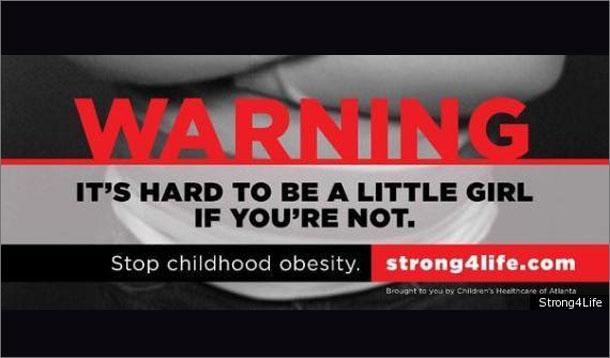
Is your child born late in the year? Chances are, he's more likely to be diagnosed with (and medicated against) attention deficit hyperactivity disorder (ADHD) than his peers born a few months earlier.
At least that's what researchers in British Columbia claim in a study recently published in the Canadian Medical Association Journal, according to an article in the Globe and Mail.
What seems like common sense—that more immature kids have less ability to concentrate—will hopefully be a wake-up call for educators, parents and the public about the dangerous of ADHD diagnosing, especially in young children. As a parent, you know yourself how much of a difference a few months can make in your child's development.
“What’s clear is that relative age is influencing who receives this diagnosis and who receives treatment for ADHD,” said the study's lead author and health research analyst of the Therapeutics Initiative at the University of British Columbia, Richard Morrow. “It seems to be that sometimes a child’s…lack of maturity can sometimes be mistaken for…a diagnosis."
After studying more than 937,000 children between ages 6 and 12 from 1997 to 2008, the study was the largest of its kind. December babies were 39 per cent more likely to be diagnosed with ADHD and 48 per cent more likely to be treated with medication than their peers born in January of the same year.
And ADHD diagnoses are on the rise, particularly among school-aged children.
“It’s important just to be aware of these relative age effects and the fact that a lack of maturity can sometimes lead to this diagnosis of neurobehavioural disorder,” said Mr. Morrow.
Aside from unnecessarily medicating a child, and subjecting them to possible side effects, misdiagnosis may also lead to stigma and bullying.
“I was told I should wait an extra to year to put my son in school, but he was smart enough; he just had trouble sitting still,” said Lori King, a single mother from Victoria, B.C. whose son, Shane, was diagnosed with and treated for ADHD in Grade 1. His birthday is in late December. “I think [ADHD] has more to do with genetics than birthdays.”
Diagnosing such conditions as ADHD is complicated by the fact that there is no simple blood test; it involves a whole host of (arbitrary) evaluations.
Does ADHD have more to do with genetics than birthdays?

Health Canada has advised that the Pizza Playset and Fishing Game, two toys manufactured by Ningbo Ftz Zhengbao International Trading Co., Ltd in China should be immediately discarded, as they contain lead in excess of the allowable limit. Children can ingest lead when they chew, suck or swallow toys.
The barcodes on the toys are as follows:
Even at low exposure levels, lead is very toxic to children. If you own one of the above items, dispose of it immediately.
Symptoms of lead poisoning include anemia, vomiting, diarrhea, serious brain injury, convulsions, coma, as well as effects related to the liver, kidneys, heart and immune system. In extreme cases, lead poisoning can result in death.
Under the Canada Consumer Product Safety Act (CCPSA)’s Toy Regulations, a toy’s surface coating must not contain more than 90 mg/kg total lead (0.009%).
Follow this feed to get the scoop on all the latest recalls.

Devoted readers of this blog may remember an anti-obesity campaign aimed at Georgia's plumpest children. Well, talk about Mamavation. Fitness blogger, Leah Segedie challenged the shaming tactics of the Strong 4 Life campaign, which included billboards, ads and social media.
Even though the goal of the campaign was a wake up call to parents of obese kids, it sent out messages that these kids should be ashamed of their size, and played into "the stigma that they live with" already.
Thanks in part to Segedie's own counter-campaign, “Ashamed”, other bloggers, parents and activists joined her and ultimately convinced Strong 4 Life to take a different tact.
"I was that child years ago," Segedie wrote. "Every time someone drew attention to my weight, I spent my time eating more. Why? Because food was how I made myself feel better. If you were going to make me feel bad about myself, I was going to run to food again. Does that make sense? No. But since when does having an eating disorder make any sense?"
Following Twitter protests, the infamous billboards have now come down. Better still, in the new Strong branding, kids appear motivated rather than ashamed.
One (not so) small step for momkind!